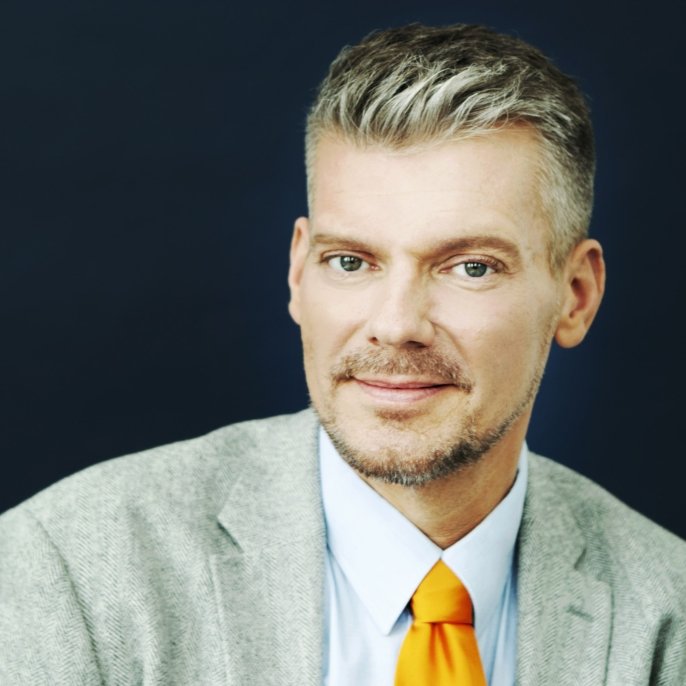
Marcel Beekman
After studying singing in Zwolle, tenor Marcel Beekman developed into a much sought-after international opera and concert soloist. In addition to many Bach and Rameau interpretations, he also sang many world premieres.
During the Bachelor Classic Music with main subject Voice at the ArtEZ Academy of Music in Zwolle you attend weekly major subject classes lessons with your chosen singing teacher and work with a répétiteur. You also take subjects such as voice ensemble (in the first and second academic year), acting skills and speech therapy.
You also study essential languages such as French, German, English and Italian and, where necessary, auxiliary subjects such as Alexander Technique and Feldenkrais.
Three times a year you have group lessons with all voice students in five two-hour sessions. You then work (alternately) with all the major-subject teachers and the répétiteurs. The group lessons and voice ensemble lessons are always concluded with a public concert. Lessons from specialised guest teachers, workshops and masterclasses take place as much as possible during the project weeks, fitting in with the current themes of those projects.
The team of voice teachers consists of very experienced pedagogues, some of whom are also active on concert stages themselves, enabling them to use the necessary knowledge and experience first-hand for your development as a singer.
All efforts of our team are focused on your individual growth and development, your identity as a singer. We offer you plenty of space, personal attention and coaching in all areas that are important to you. The teachers and your fellow students look forward to welcoming you to Zwolle!
Classical Music student Sarah Konig explains her choice for ArtEZ in the video below (English subtitles available):
Naturally you will work in the weekly voice lessons primarily with the lecturer from your main subject of choice. Here, many topics will be discussed: technical, voice, and musical development with a matching repertoire. Development and growth of your personality and identity as a singer and musician are key. All of this can only be achieved through mutual trust and respect.
Our team has extensive teaching experience, including teaching young talented musicians in the Young Talent class from approximately 14 years of age. Our team has a lot of performance experience covering all aspects of the profession: opera, lead vocals, theatre, oratorio and professional choirs.
We strive for open and friendly interaction, in which the student is the central focus. It goes without saying that we expect the same attitude from you.
Master classes are also organised annually for all voice and vocal students (Bachelor’s and Master) in the project weeks. Guests in recent years: Barbara Hannigan, Michael Chance, Olaf Bär, Anne Klare (respiratory therapist) and Margreet Honig. The last two are regular guest lecturers.
In addition to the general admission requirements there are also specific voice admission requirements.
1. When applying for admission to the Young Talent class:
Everything you sing and recite must be done from memory.
2. When applying for admission to the first Bachelor’s year:
You should be well-groomed and well-dressed, befitting of a performance or audition. Everything you sing and recite must be done from memory, without musical notations or a music stand, except when you sing an aria from the oratorio repertoire.
3. When applying for admission to the Master’s programme:
We must be able to hear and see that, within two years, you will be able to develop into an independent, excellent singer who can forge their own way in the music world and successfully audition and compete. You should be well-groomed and well-dressed, befitting of a performance or audition. Everything you sing and recite must be done from memory, except when you sing an aria from the oratorio repertoire.